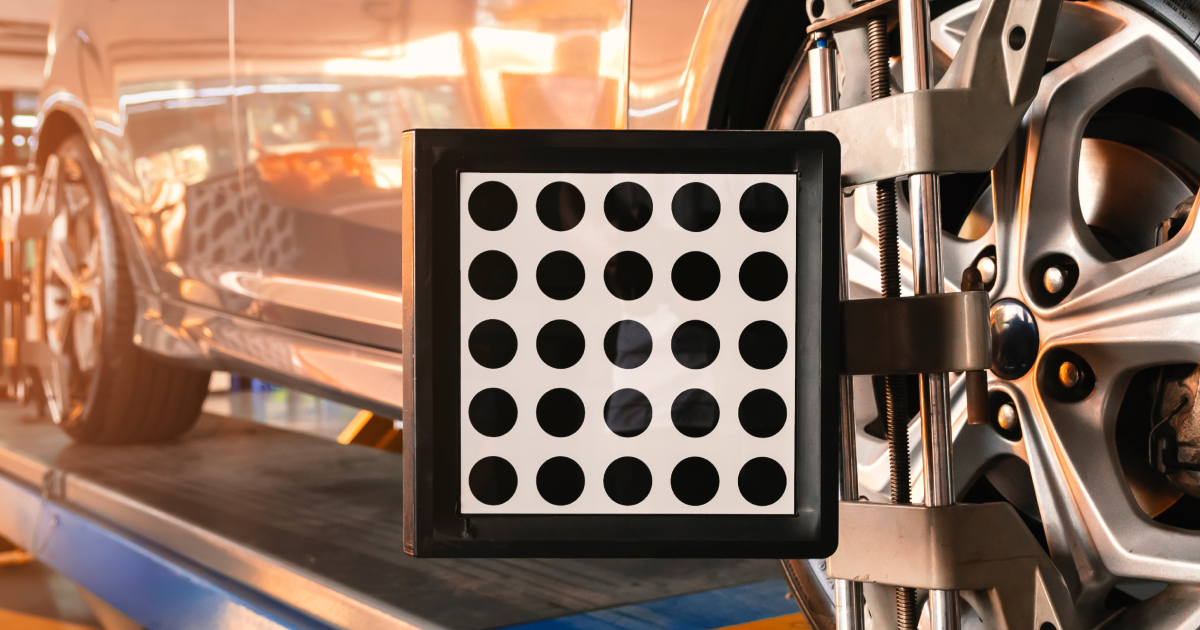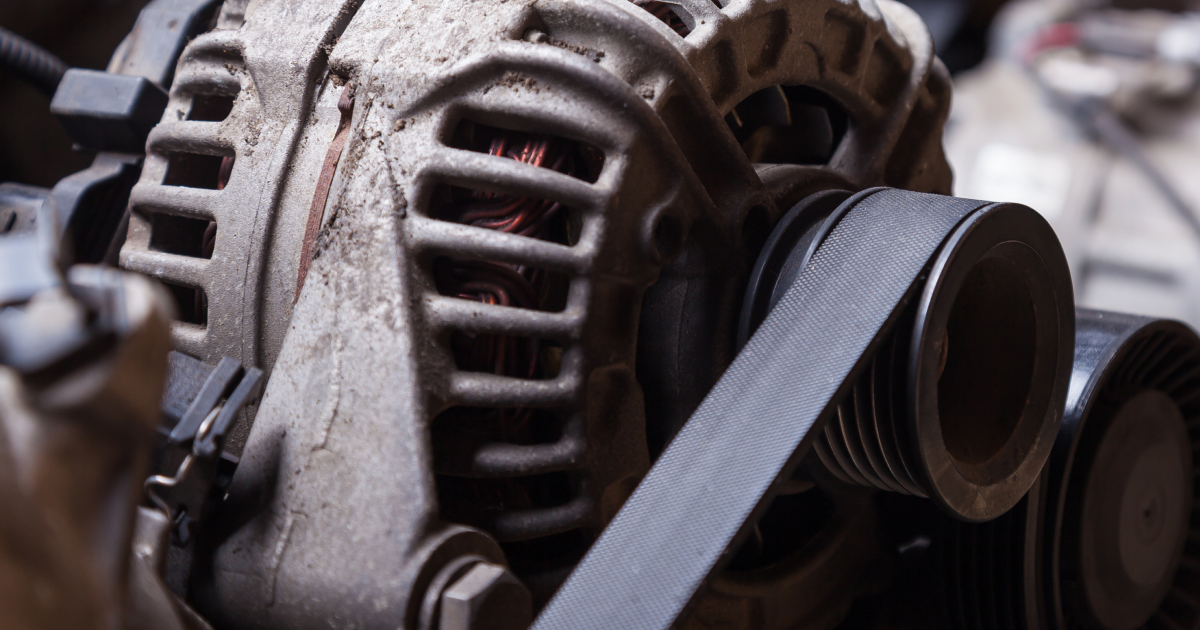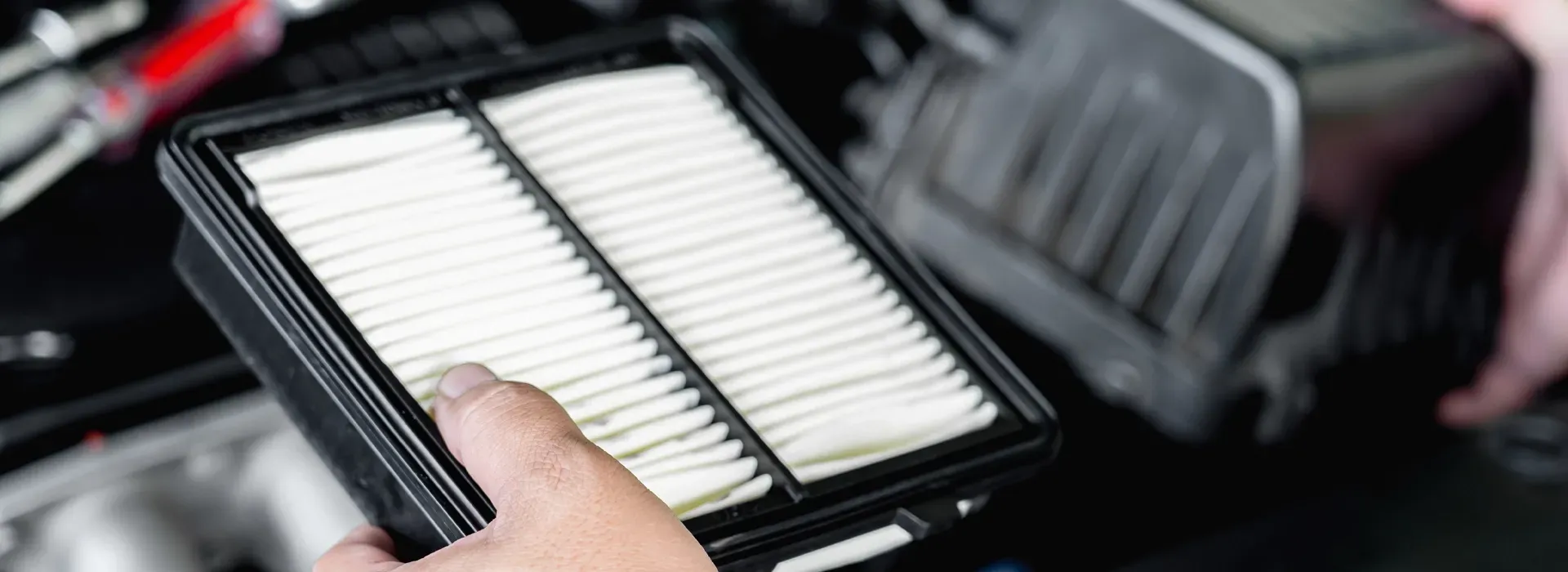Vital Vehicle Fluids & When To Change Them
Vital Vehicle Fluids & When To Change Them
In the intricate dance of automotive machinery, there's a silent hero working tirelessly beneath the hood - your vehicle's fluids. These simple fluids ensure your engine purrs, your brakes respond, and your ride remains smooth.
Join us as we dive into the fascinating world of vital vehicle fluids and unveil the secrets of when to give them a refreshing change.
The Essence of Engine Oil
Let's begin with perhaps the most famous of all fluids - engine oil. Picture it as the guardian angel of your engine, providing essential lubrication, cooling, and cleaning.
When to Change
Regular oil changes are paramount. Most experts recommend every 3,000 to 5,000 miles but consult your vehicle's manual for the manufacturer's recommendation. Consider more frequent changes for severe driving conditions.
Transmission Fluid - Gear Lubrication
Transmission fluid ensures smooth gear changes, transferring power from your engine to your wheels effortlessly.
When to Change
Typically, every 30,000 to 60,000 miles, but again, consult your manual. Frequent towing or stop-and-go traffic may necessitate more frequent changes.
Coolant - Temperature Regulator
Coolant, often referred to as antifreeze, regulates engine temperature, preventing overheating and freezing.
When to Change
Around every 50,000 miles, but it's wise to check your vehicle's specifications. Keep an eye out for any signs of leaks or discoloration.
Brake Fluid - The Stopping Power
Brake fluid is the unsung hero behind your brake pedal, transferring the force of your foot to the brake pads.
When to Change
Typically, every 20,000 to 45,000 miles. However, monitor for signs of moisture or contamination, as these can require more immediate attention.
Power Steering Fluid - The Steering Whisperer
Power steering fluid makes maneuvering your vehicle a breeze, assisting you in turning the wheel effortlessly.
When to Change
Every 50,000 miles is a good rule of thumb. Listen for any unusual noises when turning the wheel, as this may indicate a need for a change.
Windshield Washer Fluid - The Clear Vision Keeper
While not as critical as the others, windshield washer fluid is essential for maintaining visibility on the road.
When to Change
Top it off regularly, especially during seasons with heavy road grime or when driving through bug-heavy areas.
If you don't want to keep track of when to change what, simply remember to visit CARma Auto Care once in a while, and we will check-up on everything! Our team will make sure that no maintenance task is forgotten to make your driving experience that much better!










